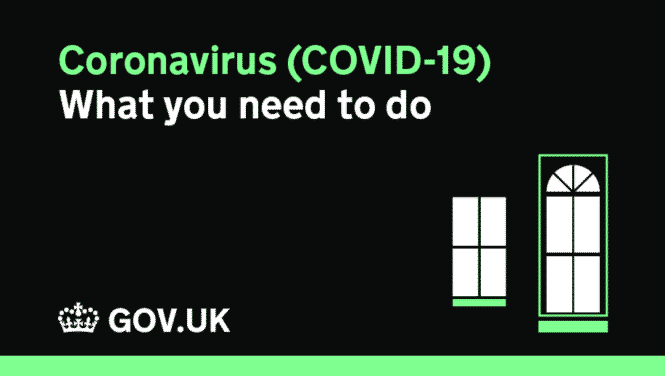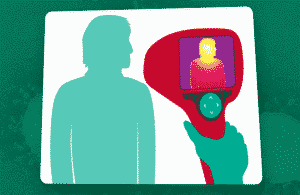
 Editors Note – Thanks to our friends at Storm-Interface in the U.K. for forwarding this information.
Editors Note – Thanks to our friends at Storm-Interface in the U.K. for forwarding this information.
As explained in the recent press release, the MHRA cautions against over-reliance on temperature screening for detection of COVID-19. Businesses and workplaces are advised to follow the government advice on safe working during COVID-19, as well as implementing scientifically reliable methods of testing for COVID-19 where practicable.
If your company intends to place temperature screening equipment on the UK market then you should be aware that MHRA’s view is that direct claims to screen for fever/febrile illness would bring products within the definition of a medical device, requiring the product to be CE marked and meet the essential requirements of Directive 93/42/EEC (the MDD) before it may be placed on the UK market. Please note that software products may also be classified as medical devices if they fulfil the legal definition. Please read this page for guidance and note that it is the manufacturer’s responsibility to CE mark their products accordingly.
The manufacturer must demonstrate that the device complies with the applicable essential requirements of the MDD (Annex I) and follows an appropriate route to conformity. The requirements for complying with the Directive will vary according to the manufacturer’s intended purpose for the product concerned and its risk classification. All devices have to undergo a conformity assessment procedure and the requirements will vary depending on the risk class.
On the basis of the information provided, MHRA are of the opinion that your thermographic screening module would be a Class IIa device. This means you will have to engage a duly designated notified body to carry out a conformity assessment and issue CE certification before the device may be placed on the market. A flow-chart explaining routes to CE-marking can be found here.
Compliance with relevant harmonised standards may be used as evidence of conformity to the requirements of the MDD. As you have noted, BS EN IEC 860601-2-59:2019 Particular requirements for the basic safety and essential performance of screening thermographs for human febrile temperature screening is likely to be a relevant standard for your device. However, please be aware that certain harmonised standards other than those specific to thermal cameras may also be relevant, e.g. ISO 13485:2016 on Quality Management System requirements.
Please note also that the technical documentation for any medical device must include scientific and clinical data to demonstrate the safety and effectiveness of the device, and manufacturers must hold the data required to substantiate any claims they make about their device. This may require you to perform a clinical investigation to gather sufficient relevant clinical data.
In summary, to comply with the legal requirements, manufacturers wishing to place a medical device on the market in the UK must:
- Identify which risk class the device falls into, following the classification rules in Annex IX of the MDD;
- Check that the devices meet the relevant essential requirements of Annex I of the MDD;
- Prepare technical documentation, including a clinical evaluation;
- Undergo a conformity assessment: this will need to be carried out by a Notified Body for all but the lowest risk devices;
- Draw up a declaration of conformity and place a CE mark on the device.
You have stated that you wish to sell the temperature screening module business-to-business for your customers to build into their automated kiosk. Your customers would need to be fully aware of the intended use of your module. If they are placing the assembled kiosk on the market, the kiosk supplier should not make any medical claims for the module, or the kiosk as a whole, that would exceed the scope upon which the CE certificate for your module was granted, or which cannot be substantiated by the data held about the device.
Please note that whilst we are willing to give any help and advice we can, any views given by us on the interpretation of the Medical Device Regulations represent our best judgement at the time, based on the information available. Such views are not meant to be a definitive statement of law, which may only be given by the Courts. Accordingly, we would always advise you to seek the views of your own professional advisors.
Kind regards,
Dragos C. Ilas, PhD
Regulatory Affairs Specialist – Clinical Investigations and Evaluation
Devices Regulatory Group
Medicines and Healthcare products Regulatory Agency
10 South Colonnade, Canary Wharf, London E14 4PU
